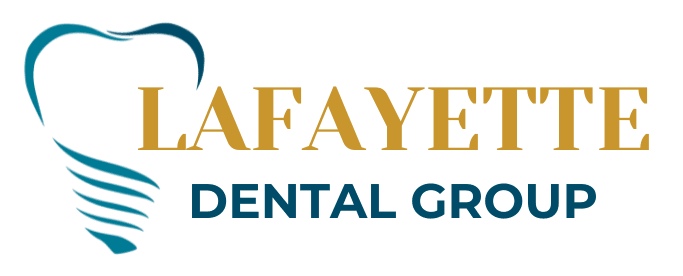

Is Invisalign effective?
Would you prefer braces on your teeth or aligners? You're not alone if your answer is clear aligners. Clear aligners such as Invisalign have risen in popularity as a method of straightening or realigning your teeth over the last few decades. Moreover, you need to know the pros and cons of Invisalign before deciding between Invisalign or braces.
What is Invisalign?
Invisalign refers to a type of thin clear aligner used in orthodontic treatment. The aligner is built of a flexible thermoplastic polymer.
As the name implies, this dental device is intended to make orthodontic treatment "less visible," as defined by the American Association of Orthodontists. Although Invisalign aligners are not entirely invisible, these clear coverings fit securely over your teeth and are significantly less visible than traditional braces' brackets and wires.
What kinds of dental problems can Invisalign treat?
Invisalign treats various dental problems, including crowding and spacing concerns and mild to moderate bite issues.

According to the Invisalign website, it can be used to treat the following dental issues:
- Overbite, underbite and crossbite problems
- Open bite
- Teeth gap
- Teeth crowded
What are the pros and cons of Invisalign?
Let's look at the pros and cons of Invisalign to help you decide whether this treatment option is best for you.
Pros
- The aesthetic aspect: This is a frequently lauded reason for using Invisalign. These clear aligners are far less visible than brace wires and brackets.
- You can get rid of them: If necessary, you can physically remove the aligner from your mouth.
- Cleaning your teeth is more accessible: You may brush and floss your teeth without working around wires and brackets if you remove the aligner. Moreover, it can also enhance your periodontal health by reducing the number of bacteria around your teeth and gums.
- There are fewer possible issues: Many people who have traditional braces have stories about a bracket falling off or a wire breaking, necessitating an emergency visit to the orthodontist. However, with aligners, you won't have to worry about that.
Cons
- Less effective when dealing with complex challenges: Invisalign is more effective if your teeth only require limited mobility. For more complicated issues, your doctor may recommend another treatment approach.
- Compliance is required: To get the most, you should wear the aligners for 20 to 22 hours daily. If you believe it would be difficult to use them more frequently, this may not be your ideal option.
- Removal while eating or drinking: You must remove the aligners before eating or drinking. If you don't remove your aligners, food or drink can get into them. Moreover, bacteria grow along your teeth or gumline, which can lead to cavities. Also, fluids can soak down into them and stain the aligners and your teeth.
- Food restrictions: When you remove your aligner before eating, you may have tooth discomfort, limiting your eating options. Therefore, it is essential to avoid complex meals.
Conclusion
Invisalign can treat a range of difficulties, including crowding and spacing concerns and mild to moderate bite issues. Furthermore, if you don't have a problematic bite or crowding problem and prefer a less noticeable therapy than braces, Invisalign could be a good alternative.
Discuss your teeth problems with your orthodontist or dentist, what type of orthodontic treatment you may require, and whether Invisalign is an appropriate option. Then, before making your selection, weigh all the advantages and disadvantages.
Contact your Lafayette dentist, Dr. Massood Darvishzadeh, DDS at Lafayette Dental Group, to learn about Invisalign.
Resource:
Invisalign or Braces, which is better?
This media/content or any other on this website does not prescribe, recommend, or prevent any treatment or procedure. Therefore, we highly recommend that you get the advice of a qualified dentist or other medical practitioners regarding your specific dental condition.
Services
Contact Us
3466 Mt Diablo Blvd., Suite C207
Lafayette, CA 94549
2026 © Lafayette Dental Group | All rights reserved | Powered by: Vigorant, Inc.
